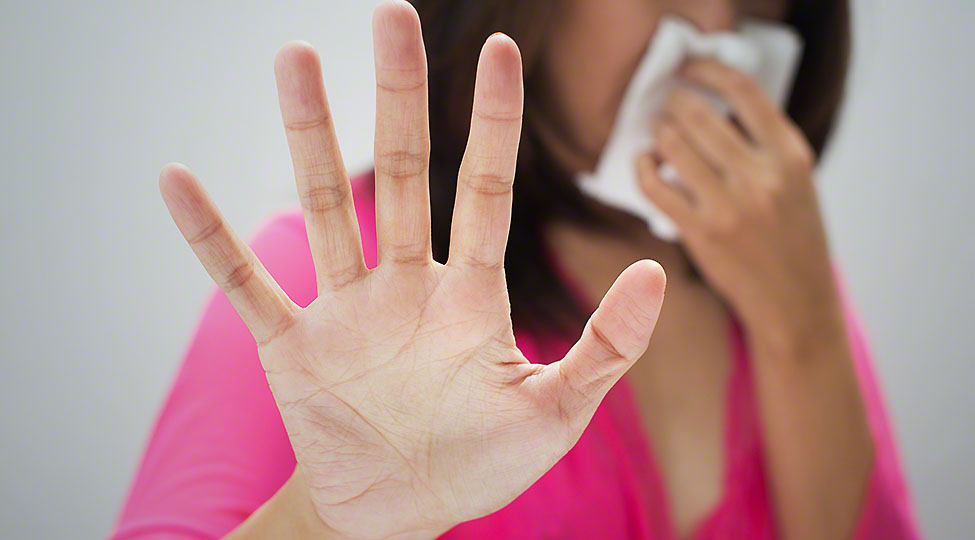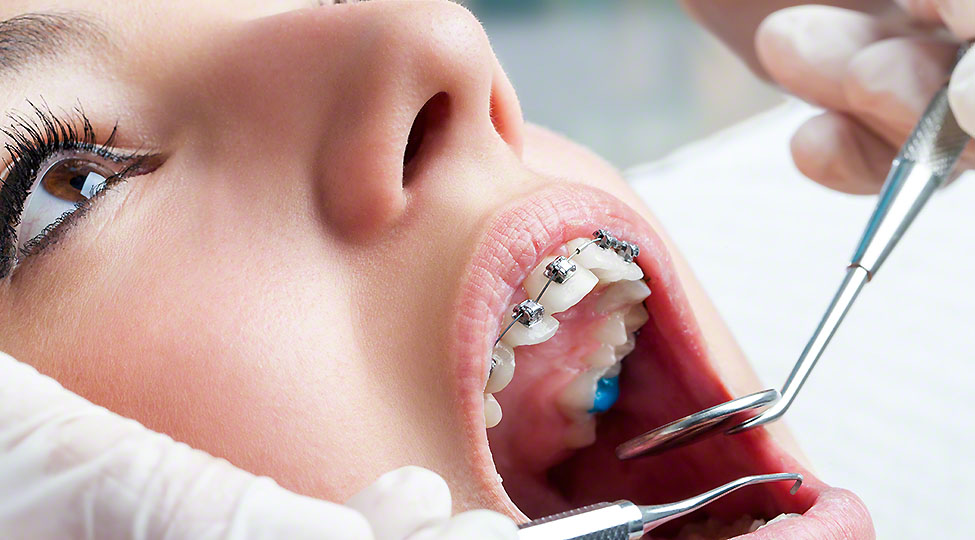Seasonal allergies are one thing, but mold is present all year round and its exposure to people with weak immune systems can lead to disastrous results. Here is everything you need to know about preventing, managing, and reducing mold allergy. If you’re experiencing severe symptoms, find allergy doctor immediately for treatment.
Mold Allergy
A trigger can become an allergen when it gains the capacity to transmit through air, water, or other agents. The same goes for mold allergy. Mold is a type of fungus that can become airborne.
Mold is present everywhere and it can be really hard to avoid it, especially if you’re allergic to certain triggers. Mold can come into contact with the skin or it can also be inhaled, unknowingly, and it can lead to a series of reactions in your body.
Symptoms Of Mold Allergy
Before getting into the prevention and proper management of mold allergy, it’s more important to figure out the symptoms, so that you know what you’re up against.
- Mold or mildew, the white and green powdery substance that’s found on decaying walls and moisture-abundant places, can cause a fit of sneezing and coughing if inhaled.
- You will experience watery eyes and there might be redness as well. In some cases, the eyes might burn as well and it’s quite uncomfortable, to say the least.
- Mold or mildew can also cause breaking out of hives. Hives are small, red, and pus-filled patches that can or cannot be itchy. You can get hives on your arms, legs, behind your knees, on the back, and chest.
- Your nose can feel congested and breathing can be difficult.
- Your chest might feel tight and constricted.
- You might feel out of breath like you’ve run a marathon, along with shortness of breath and wheezing.
- Your throat might feel extremely dry like you’ve got the flu, and no matter how much you try to lubricate with cough drops, medicine, and sprays, the itchiness just won’t go away.
How To Manage Mold Allergy?
Here are some ways by which you can manage mold allergy so that you don’t feel uncomfortable and can deal with an allergy outburst anytime.
Prevent Mold Growth
Mold is a very invasive allergy trigger. It can grow almost anywhere and everywhere and avoiding it can be a problem. What you want to do is inspect your house and surroundings and ensure that there isn’t any mold or mildew infestation. If there is any chance of mold growth, then you need to eradicate the possibility right away.
Using medicated cleaners and mold sprays will do wonders for you. Just spray them in areas where you might think there will be mold formation and you’ll be safe.
Check For Damp Areas
Mold has a great affinity with water and it’s one of the main agents that can increase the production of fungus and mold. This is why it can grow and thrive in damp and warm areas.
There are a lot of places in your house where water accumulation can be the norm, like leaking drains, pipes, sinks, and bathtubs, which are the main thriving spots of mold and mildew. You want to check these places and have them fixed because then, mold formation won’t be an issue.
Treat The Symptoms
As soon as you see the symptoms starting to flare up, you need to deal with them ASAP. This is why knowing the different symptoms and effects of allergies is important because once you notice your body starting to resist, you can immediately act and stop the reaction right then and there.
Antihistamines and other symptom medications are important to have on hand. Nasal sprays and decongestants are also going to be life savers for you and you’ll feel instantly better after taking them because you’re tackling your symptoms and alleviating the effects of the allergen on your body. Visit an allergy clinic to get diagnosed. The doctor there will prescribe the right medication.
Wear A Mask
Mold can also be found outside, on the trees and bushes. This is why protecting yourself from getting into contact with the allergen is key to prevention. Your nose and mouth are the two most common places, from where mold can find its way into your body, so covering those areas is crucial.
You need a mask for these situations because it’s going to cover your face and it’s also going to prevent any allergen, let alone mold, from entering your bloodstream. Just make sure to change your masks out frequently and wear a new one, each time you’re going out.
Get An Air Filter
Since mold is airborne, the atmosphere can be the biggest transmitter of this allergen. Since there is no realistic way of avoiding the atmosphere and air, the best way to ensure that you’re not getting exposed to mold, is by investing in an air filter. For a single room, use an air cleaner that has a HEPA filter. You can also install an air filter with MERV rating of 11 to 13 for your HVAC system.
An air filter is like an air purifier that gets rid of all of the nasty and harmful stuff in the air and you can breathe in clean and fresh air. The air filter has several mesh screens that allow pure air to pass through and leave all of the allergens and triggers, mold in this case, behind.
Keep Surroundings Clean
Good hygiene is key to preventing any kind of allergy. For mold allergy, it’s crucial that your surrounding is clean and tidy and that there are no hidden spots for mold to grow and multiply.
If you have carpets or floorboards that haven’t been changed for a long time, then maybe now is the time to inspect these things and if it smells musty and bad, then there’s probably mold forming in it. This is a sign to change these things out and give everything in your house a good wipe-down.
Use Vinegar For Cleaning
If you don’t want to spend a lot of money on specialty cleaners that kill mold, then you can easily use something available in your pantry or kitchen right now. Vinegar is a natural disinfectant and it kills all types of molds, bacteria, and mildew.
You can mix in half a cup of vinegar, lemon juice, and baking soda to make a fizzy solution with a spray bottle full of water and spray it directly over the places where there is mold. Afterwards, you can wipe it down with a cloth and you’ll be free from all kinds of fungus infestations. Using vinegar as a cleaning solution is a lot healthier and it also costs less.
Have Allergy Medicine On Hand
Last but not least, you need to have your allergy medication with you at all times. If you have already been officially diagnosed with mold allergy and have a treatment plan for it, then it’s ridiculous to not use it in times of need. Whether you’re at work, school, or out with friends, keep your medicine close, so that you can easily deal with an allergy attack.
Conclusion
Mold allergy can become serious pretty quickly, so it’s good to know these tips so that you can take action against an allergic reaction and alleviate it. To make sure, the symptoms don’t flare up, visit your allergy specialist in regular intervals for checkups.



